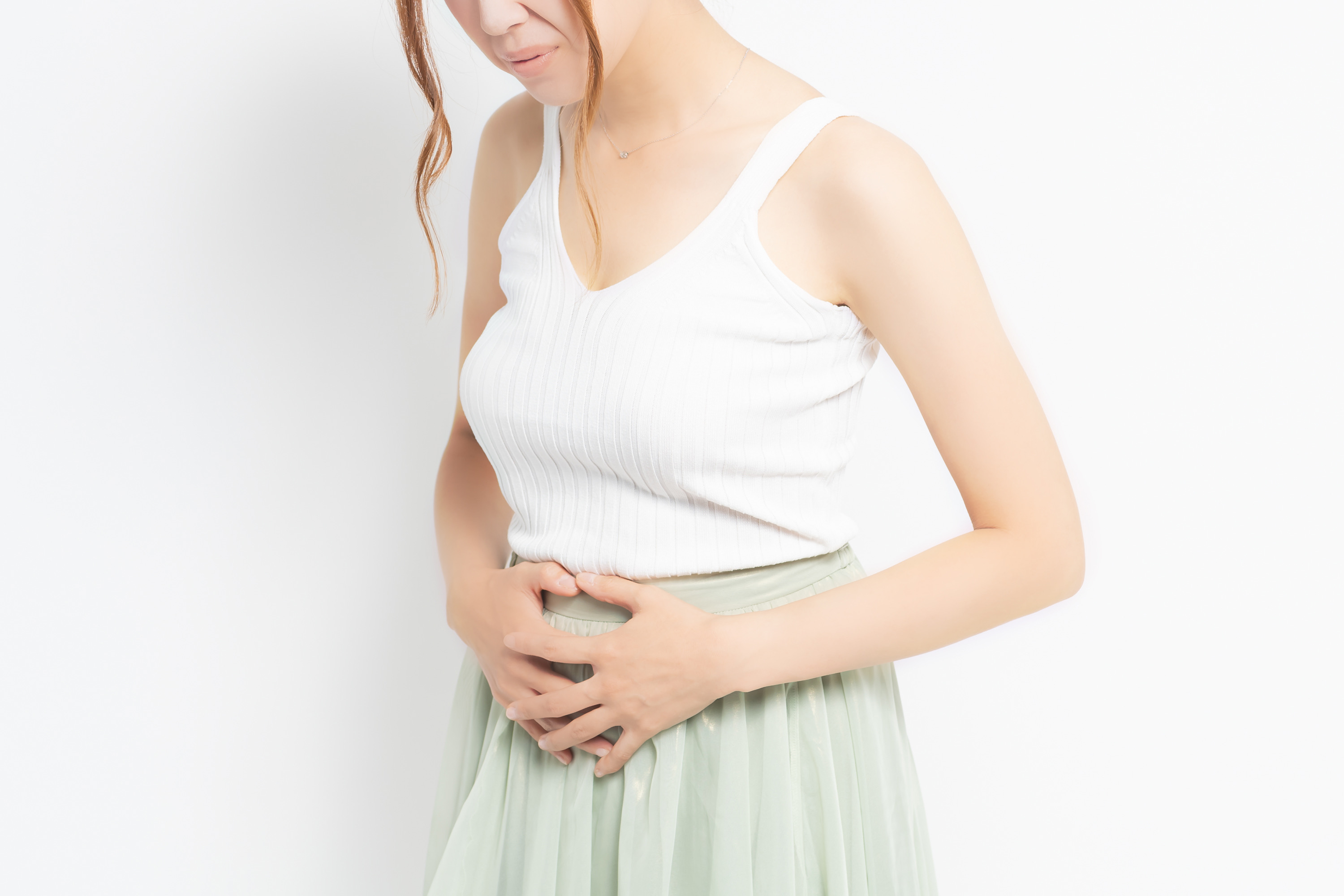Health & Wellness , Women’s Wellness , Obstetrics & Gynaecology (OBGYN)
Fibroids, Cysts and Everything in Between
While common amongst women, the differences between mostly asymptomatic conditions such as fibroids and cysts may not be clear to patients

Knowing one’s body and health levels can help in our journey to a healthier self, but there can be instances where it can be a challenge to differentiate certain conditions. For example, uterine fibroids and ovarian cysts are common occurrences amongst women – but how many actually know what each of them are, their similarities or how they differ?
With both fibroids and cysts being mostly asymptomatic and usually only detected on routine abdominal or pelvic ultrasounds, here are some of the most commonly asked queries as answered by Sunway Medical Centre Velocity (SMCV) Consultants.
How common are they and can they occur simultaneously?
Consultant Obstetrician and Gynaecologist Dr Wong Yen Shi from SMCV shares that fibroids are non-cancerous growths that develop from the muscle of the uterus and often found in women during their reproductive years[1]. Ovarian cysts, however, are sacs containing mostly fluid, occasionally tissues or blood that grow within the ovaries or on its surface.
Unlike fibroids which are benign (non-cancerous), cysts can be benign or malignant (cancerous). This is where consultants will use an ultrasound and CA125 tumour marker test to differentiate a benign cyst from a malignant one. Ovarian malignancies peak at the age of 60 to 65 years. However, Dr Wong provides reassurance that most cysts remain benign. “Many cysts regress on its own in months, and harmless cysts such as follicular cysts or corpus luteal cyst grows and regresses with a woman’s menstrual cycle,” she says.
Cysts and fibroids can occur concurrently – as the condition varies from patient to patient, management and monitoring depends on the sizes and respective symptoms.
What causes them and what symptoms should women look out for?
While the exact causes of fibroids remain unknown, Dr Wong notes that hormones, genetics and growth factors are thought to be a factor in these occurrences. “Like fibroids, cysts occur naturally. Conditions such as pregnancy, pelvic infections, endometriosis and a history of ovarian cysts can increase the likelihood of developing ovarian cysts,” Dr Wong shares.
“Fibroids and cysts may also present with similar symptoms. For instance, irregular or painful period, compressive symptoms such as frequent urination or constipation, abdominal distension or bloating, back pain, unexplained weight gain or even painful intercourse. Fibroids are more likely to present with heavy menstrual bleed in comparison to their cysts counterpart. In cases of ovarian malignancies, feeling full quickly when eating, loss of weight and appetite are the accompanying symptoms.”
Can fibroids and cysts affect fertility?
Consultant Obstetrician, Gynaecologist and Fertility Specialist from SMCV Dr Farah Leong Rahman shares that most women with fibroids and cysts have no problems in getting pregnant. However, depending on the size and location of fibroids, it may affect one’s fertility.
“Both fibroids and cysts usually do not interfere if someone is trying to get pregnant. However, some of these conditions may cause the fallopian tubes to be blocked or making the environment less conducive for embryo implantation. This is especially so in fibroids that are located in the lining of the womb. The treatment of this condition depends on the symptoms and surgery is only indicated if it can improve the chances of pregnancy,” she says.
Will a fibroid or cyst affect the development of the child, or the mother’s health?
Dr Farah shares that the biggest worry of having fibroids during pregnancy is the risk of early delivery. “In some cases, it can cause severe pain where fibroids outgrow their blood supply. If the fibroid is large, it can cause malposition of the baby where the baby’s head may not turn down even at term.”
As for cysts during pregnancy, it usually does not cause any harm except where if the cyst is big enough to cause torsion or rupture, upon which Dr Farah advises the patient to seek advice from a doctor before embarking on a pregnancy journey to ensure all is good.
How to treat fibroids and cysts?
As shared by Dr Farah, individualized treatment is key – smaller cysts usually do not require treatment and would be monitored for growth, whereas larger cysts would require surgical removal through either laparoscopically or open surgery.
“Surgery remains the permanent solution for treatment of fibroids. Where fertility is a concern, myomectomy (removal of fibroids) can be done via open surgery, laparoscopically or via hysteroscopic myomectomy depending on the size and location of the fibroids. For women who no longer desire conception or are in post-menopausal stage, the option of hysterectomy (removal of womb) would be considered,” shares Dr Wong.
Uterine artery embolization and new advances in technology such as High Intensity Focused Ultrasound (HIFU) surgery are other alternatives, but are not widely available at many facilities yet. For patients who do not require surgical intervention, giving medical relief for symptoms such as heavy menstrual bleeding and painful period are essential.
What can I do to prevent or manage them?
Dr Farah mentioned that fibroids and cysts are not hereditary - meaning it is not passed down from one generation to the other. However, it can run in families. She recommends regular gynaecology check-up for all women as the growths of fibroids and cysts may not cause any problems and may go unnoticed. “It is important to have regular check-up with your doctor to do ultrasound scan to monitor the size of the fibroids or cysts and to review your symptoms. Not all fibroids or cysts need surgery. However, if you do have symptoms or planning to conceive, your doctor can recommend the right treatment for you.
“There is still no evidence that can help to prevent the formation of fibroids or cysts. But practicing good health and maintaining a well-balanced diet is good for your overall well-being,” she concludes.
Sunway Medical Centre Velocity is located at Lingkaran SV, Sunway Velocity. For enquiries, please contact +603 9772 9191 or email smcv-enquiry@sunway.com.my. For more information on Sunway Medical Centre Velocity, visit www.sunmedvelocity.com.my (Facebook: Sunway Medical Velocity).
Doctors

Related Articles
Health & Wellness
How to Deal with Obesity & Diabetes?
The prevalence of obesity in the world have continued to increase significantly. It is estimated by WHO that 39% of adults aged 18 years and over were overweight in 2016, and 13% were obese.
Read moreHealth & Wellness
DOES A QUICK WEIGHT LOSS PROCEDURE REALLY EXIST?
Depending on your objective, a quick weight loss may not be a myth after all.
Read moreHealth & Wellness
Sustainable Weight Management
Making Weight Management a Long-Term Journey.
Read moreLatest Articles
Medical Care
Clinical Exercise Physiologist (CEP): The Emerging of Exercise is Medicine
How Exercising can be a Medicine
Read moreMedical Care
Reversing type 2 Diabetes: Embracing Hope and Determination
Experience the remarkable journey of Ash and his grandfather Atok as they conquer type 2 diabetes through unconventional methods, showcasing the power of love and determination over adversity.
Read moreMedical Care
Bladder Cancer: What You Need to Know
Empower yourself with our comprehensive guide to bladder cancer. Explore symptoms, diagnosis, treatments, and supportive resources to safeguard your health.
Read more